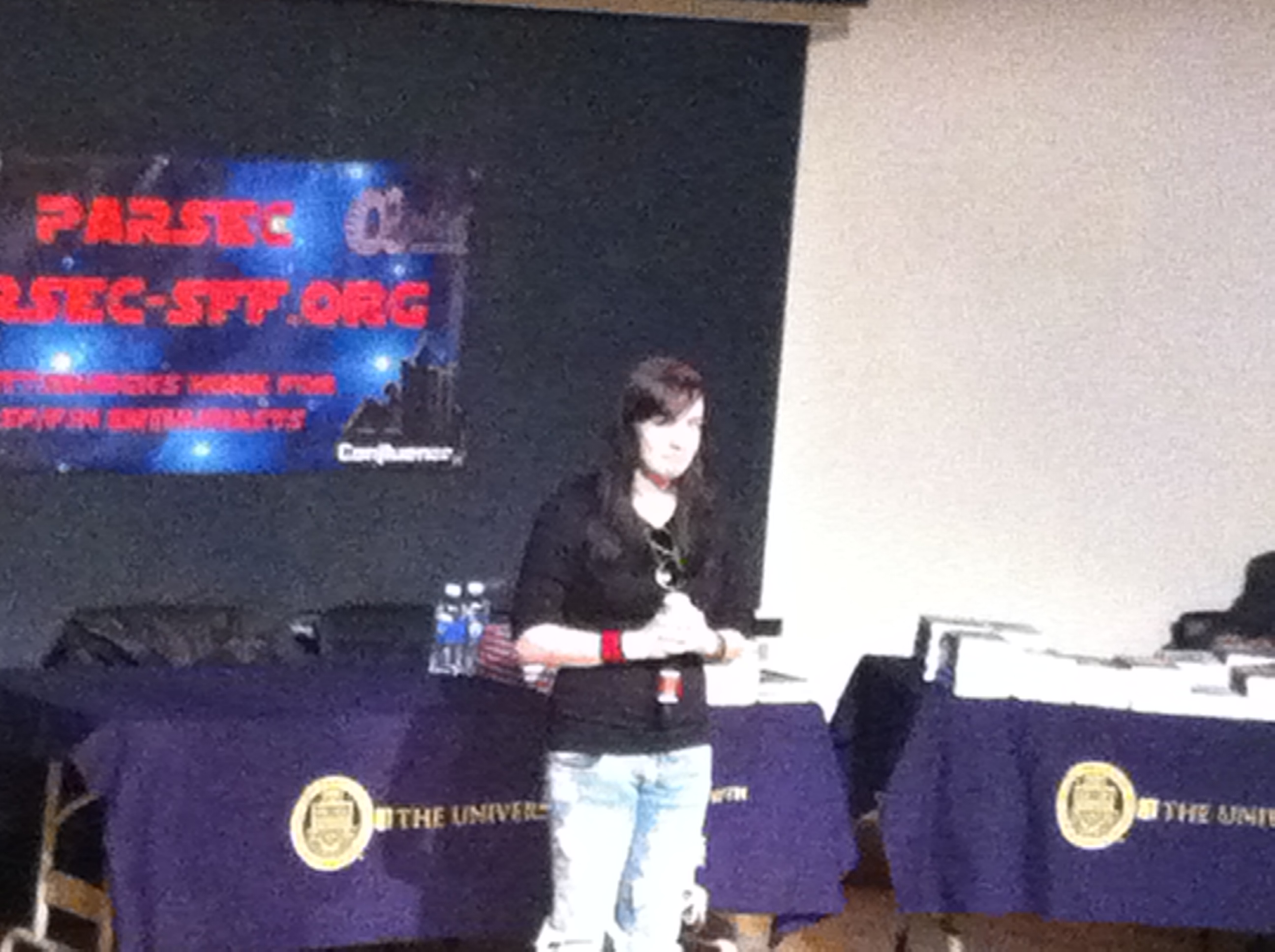Is there a lack of trust between police officers and the general public? What makes a good cop or a bad cop? How are officers perceived by the general public? How do stereotypes play into how officers police urban communities? What kinds of mistakes on the part of law enforcement should be forgiven?
These are the hard questions that have been being asked all over the country over the years. At Carnegie Mellon University, the Theta Beta Chapter of Delta Sigma Theta Sorority and the Beta Epsilon Chapter of Kappa Alpha Psi Fraternity came together, along with Lieutenant Joseph Meyers and Larry Powell of CMU’s Equal Opportunity services, to discuss the state of policing in America.
The discussion started with introductions from everyone involved. Lieutenant Meyers has worked as a policeman for 30 years. He has worked in cities, suburbs, small towns, and even Homewood. He spoke of the evolution of some perspectives on relations between the public and police officers among the group of students.
“It seems like black boys are considered to be adults younger than people of other races,” Theta Beta’s President observed, bringing up the case of twelve-year-old Tamir Rice, who was shot and killed by a police officer in Ohio.
The intergenerational as well as interracial questions of respectability were brought up. Does a suit and tie guarantee more safety than a hoodie and jeans? Should it?
“Why can’t we just wear whatever we want and be safe?” one girl asked.
The Lieutenant spoke honestly and candidly referring back to his own experiences and addressing the experience of the students. He admitted that over the years in Pittsburgh there have been quite a few incident between white police officers and African-American men.
The mostly millennial audience has grown up in the time of the first African-American president and multiple heritage months, but millennials have also grown up in a time of Trayvon Martin and Black Lives Matter. Although the group came from different universities and had different majors, what they had in common was a feeling of unease around law enforcement.
“If Sandra Bland was white, she’d still be alive,” a student said in a disheartened, but matter of fact tone. Most of them had more than one story of a time when they felt targeted, were treated badly or with suspicion by officers of the law, or felt they were perceived and treated as “instant criminals.”
“I think the only way to really hold police officers accountable would be to have all cops wear body cameras,” one student said.
Many of the young men in the audience spoke of feeling unsafe around police officers and shared their thoughts about the Black Lives Matter movement. Lieutenant Meyers said simply that there are no easy answers but, “You gotta have the communication on the streets. Respect on both sides.” He also shared his belief that in comparison to his officers during his years patrolling, officers today are not trained on how to deescalate situations.

